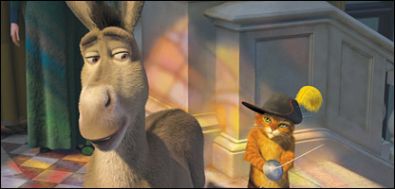
 First listen to a recording about mother's day in the States you can also read the script if you want.
First listen to a recording about mother's day in the States you can also read the script if you want.
For a nice poem go there.
To know what english children do on that day go there.
Then if you do something special on that day or write the most beautiful poem for your mother why don't you post it on that blog.
 Show your knowelge in
Show your knowelge in 
 If you want to know more about the amphibian extinction crisis and on that special day go to this
If you want to know more about the amphibian extinction crisis and on that special day go to this 
 HAVE A LOOK AT A WEBQUEST ABOUT ENVIRONMENT AND COMPARE
HAVE A LOOK AT A WEBQUEST ABOUT ENVIRONMENT AND COMPARE 
 We've just had elections too, so you may have some comments on this issue.
We've just had elections too, so you may have some comments on this issue.
 Now tell me :
Now tell me :
